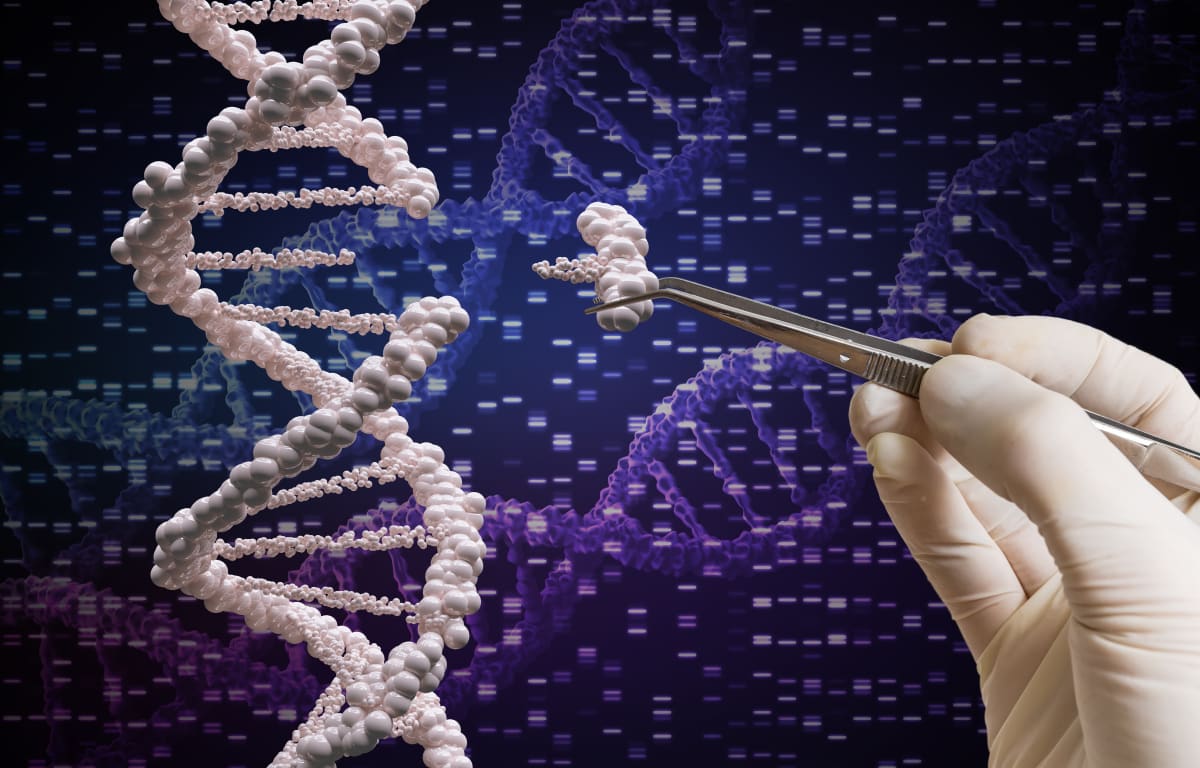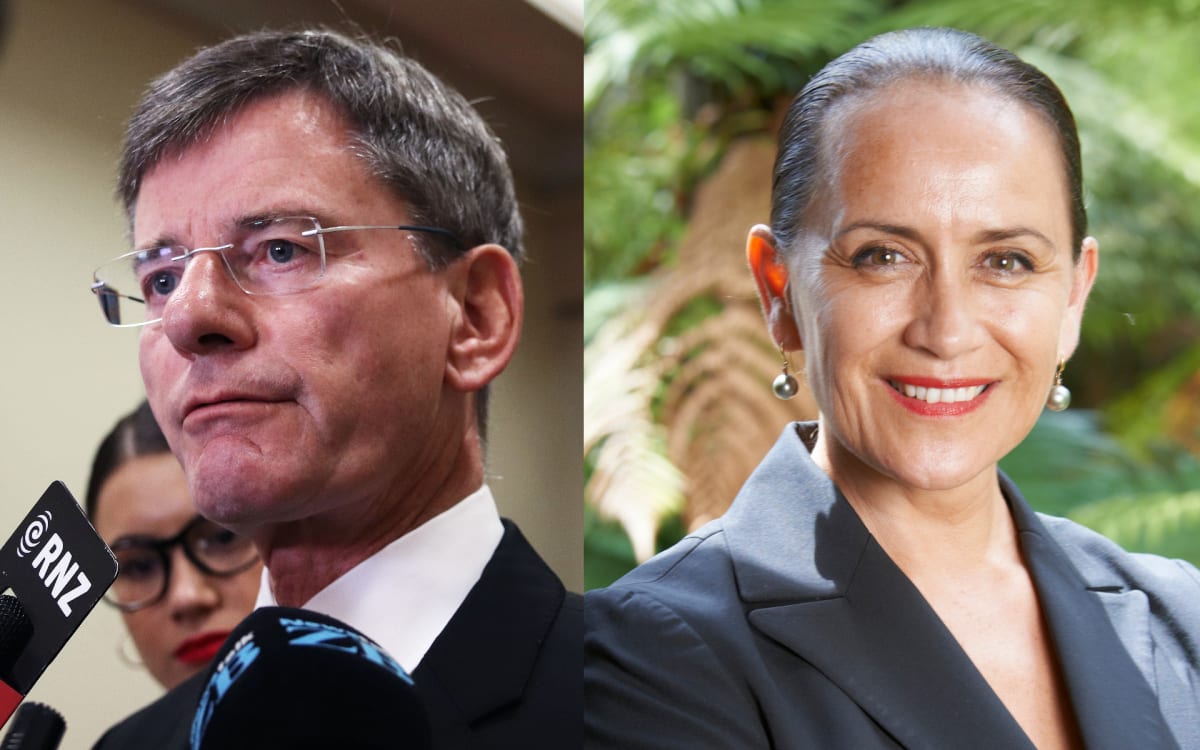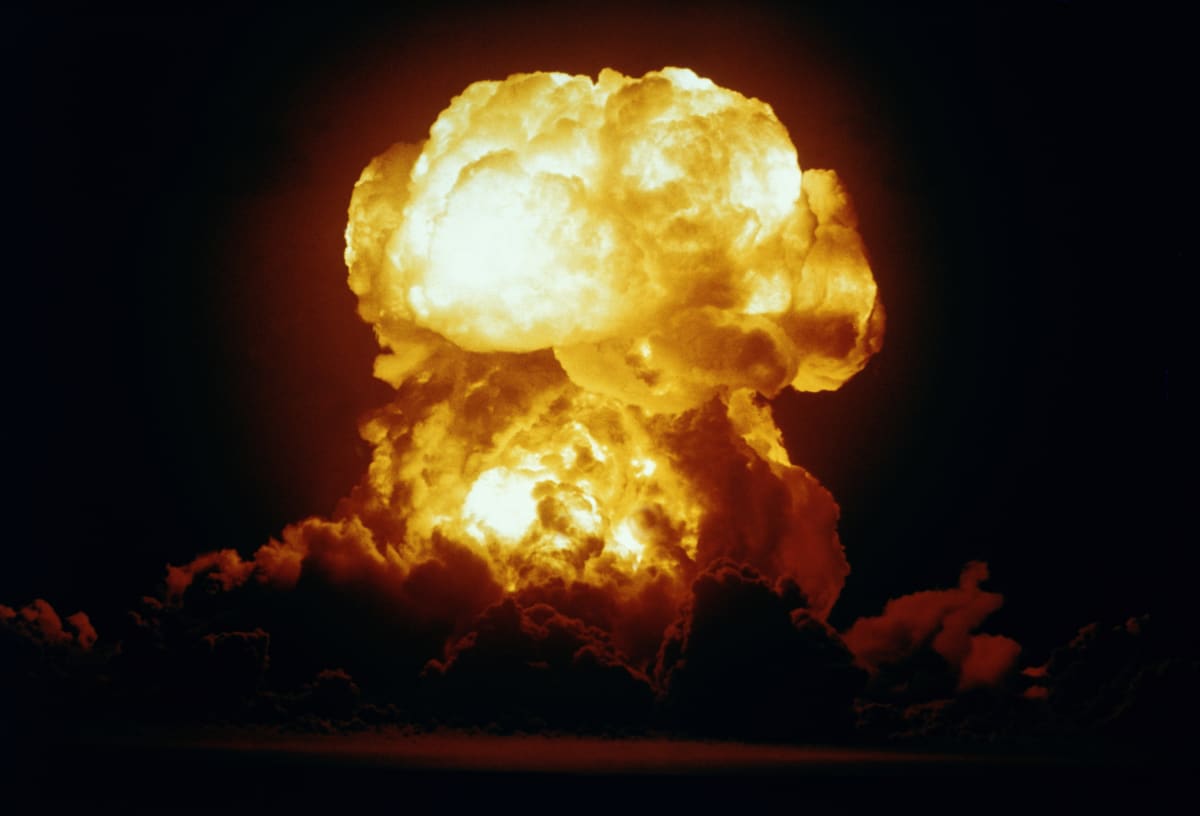
The Detail makes sense of the big news stories. This week on the podcast, we looked at everything from the crisis in Sri Lanka to the challenges neurodivergent people face in the workplace. Whakarongo mai to any episode you might have missed.
The unfolding crisis in Sri Lanka
Once seen by the world as an island paradise, Sri Lanka is now deep in the throes of a crisis.
Protesters during a demonstration against the surge in prices and shortage of fuel and other essential commodities in Colombo.
The Covid-19 pandemic took away Sri Lanka's tourism income, throwing the government's overdrawn balance sheet out of balance. Now food and fuel prices are skyrocketing, power cuts last for hours, and protesters are out in the tens of thousands demanding the government step down.
Newshub reporter Kethaki Masilamani has been watching it all unfold, keeping in touch with friends and family in Sri Lanka.
"We've heard of surgeries being performed under phone torch lights. That's when it starts getting dire."
Since this episode was released, Prime Minister Mahinda Rajapaksa has resigned following a violent clash between pro-government forces and protesters.
Is it time to reconsider the rules on GMOs?
Productivity Commission Chair Ganesh Nana certainly thinks so.

The Commission recently released a report saying New Zealand’s laws on genetic modification are stifling innovation, and we could be missing out on important technological advances – healthier food, tougher crops, and even researching possible cures for cancer.
"We do need to make sure we draw the line carefully and properly … but we do [need to] open up opportunities to reinforce our own lives, as well as the lives of others, as well as the life of the environment," says Nana.
Waikato University associate professor Maui Hudson, who led researchers in examining indigenous perspectives on gene editing in 2019, told The Detail that Māori stakeholder groups are cautious that gene editing could bring serious unintended consequences to the natural world.
"That there would be an effect on the whakapapa – the genealogy of the species – that that would be affected by introducing something new from another place," he says.
Co-governance: Time to get on with it?
There's been a lot of political trepidation about co-governance recently, but former Minister for Treaty of Waitangi Negotiations Chris Finlayson says it's time to accept it.

He explains that co-governance arrangements between iwi and hapū Māori and the Crown have been around for a while now. They give mana whenua an avenue to participate in and give advice on the management of important natural resources.
Finlayson says there's room to debate the model of that relationship, but the fearful, racist rhetoric has no place.
"We've just got to leave those losers behind and move on."
Federation of Māori Authorities Chair Traci Houpapa says people are afraid of what they don't know.
"People have a sense that this is a takeover, when in actual fact, it's an opportunity for us to model good leadership for Aotearoa, now."
The neurodiversity gap in our workplaces
While businesses are crying out for skilled workers, a section of our population is being locked out of bringing their talents and hard work to the table.
Neurodivergent people – including people with ADHD, dyslexia, dyspraxia, brain injuries, or on the autistic spectrum – are up to eight times more likely to be unemployed than the general population.
Aspects of modern work culture, like noisy offices, immovable deadlines, and an emphasis on perfect spelling and grammar, can present obstacles for people whose minds work differently.
"I'd never seen my diversity as something that would add value at all," says Rich Rowley, who was diagnosed with ADHD at age 42.
Rowley says his perspective changed when he worked for an employer who embraced his differences. He’s now leading the charge for employers to support workplace neurodiversity through the new Brain Badge accreditation system.
Do we really need to prepare for nuclear war?
As the Robert Frost poem goes: some say the world will end in fire, some say in ice. If the most recent IPCC report doesn't give you enough to think about in terms of fire, perhaps consider eking out a cold and isolated existence in nuclear winter.

With Russia's war on Ukraine not showing any signs of slowing down, Professor Nick Wilson and Dr Matt Boyd say we shouldn't just be talking about the possibility of nuclear war – we should be planning for it.
The pair have written a report on the potential impacts of nuclear war on Aotearoa. They say we're more at risk from isolation, food supply and distribution issues than we are from radiation.
Boyd says the Covid-19 pandemic highlighted the lack of preparation for a global shock, and that we need to have a plan ahead of time to avoid panic and social breakdown.
"In the 1980s there was some work done on this," he says. "That was the last time that nuclear war was as salient as it is today for New Zealand."
Find out how to listen and subscribe to The Detail here.
You can also stay up-to-date by liking us on Facebook or following us on Twitter.








